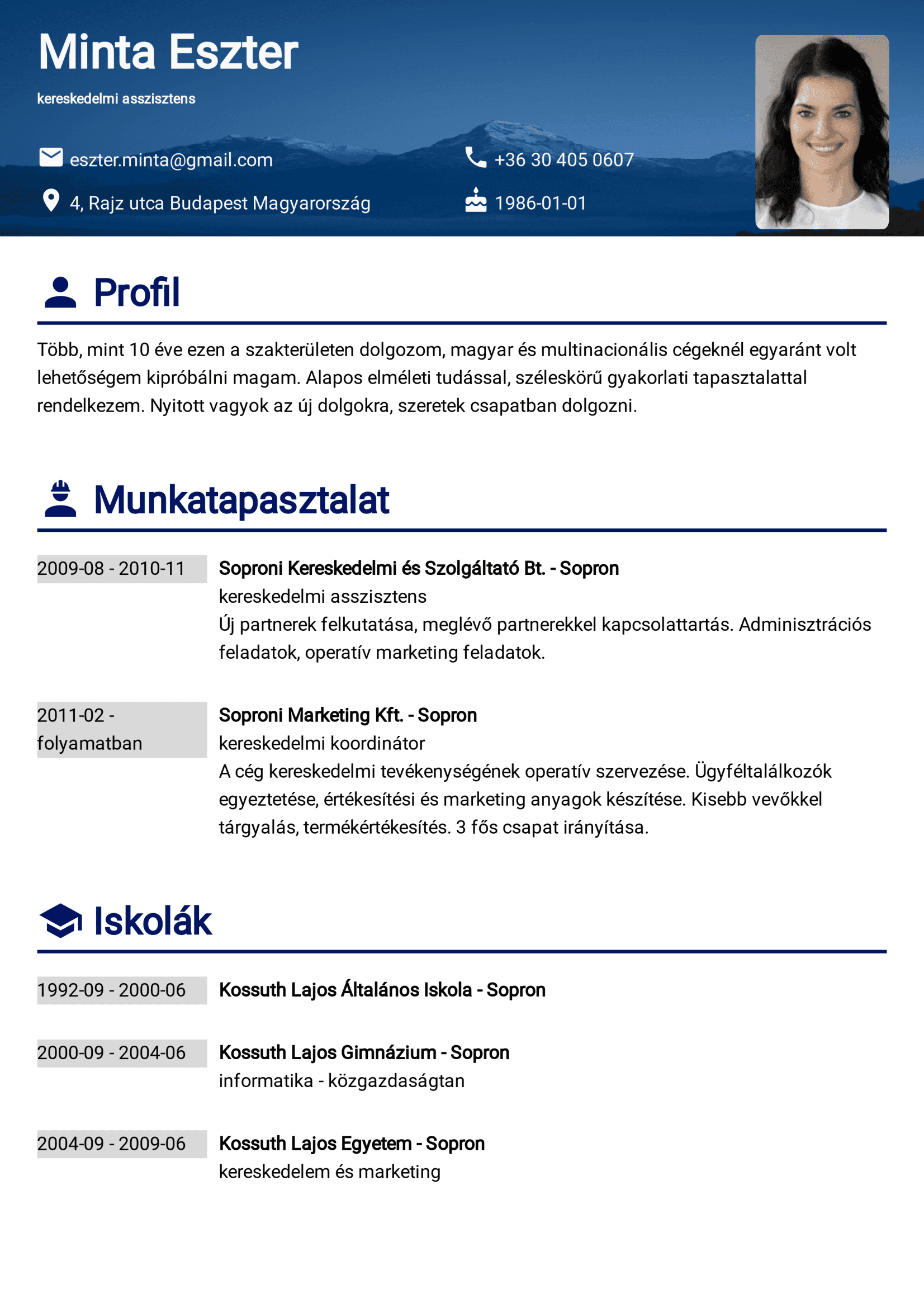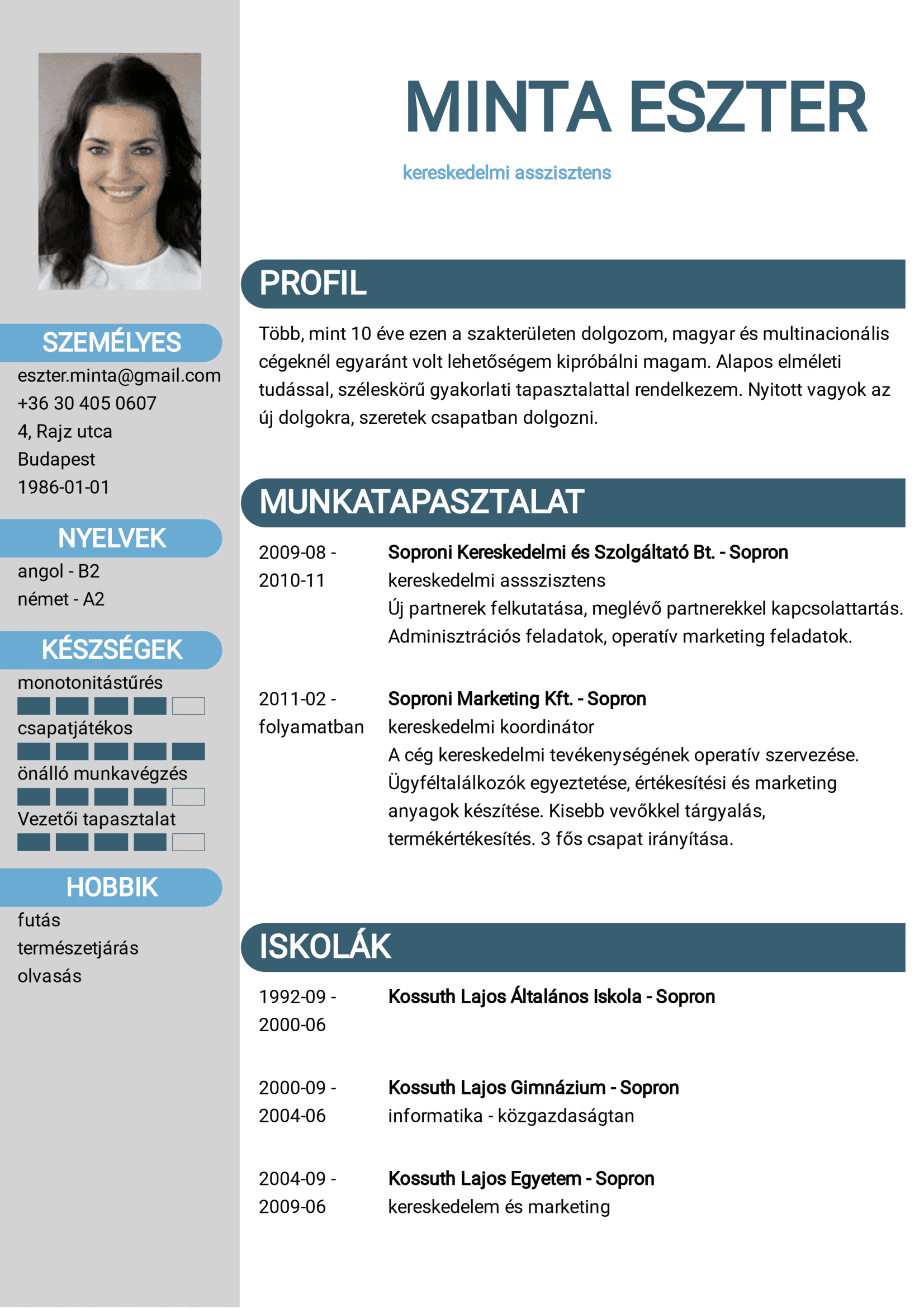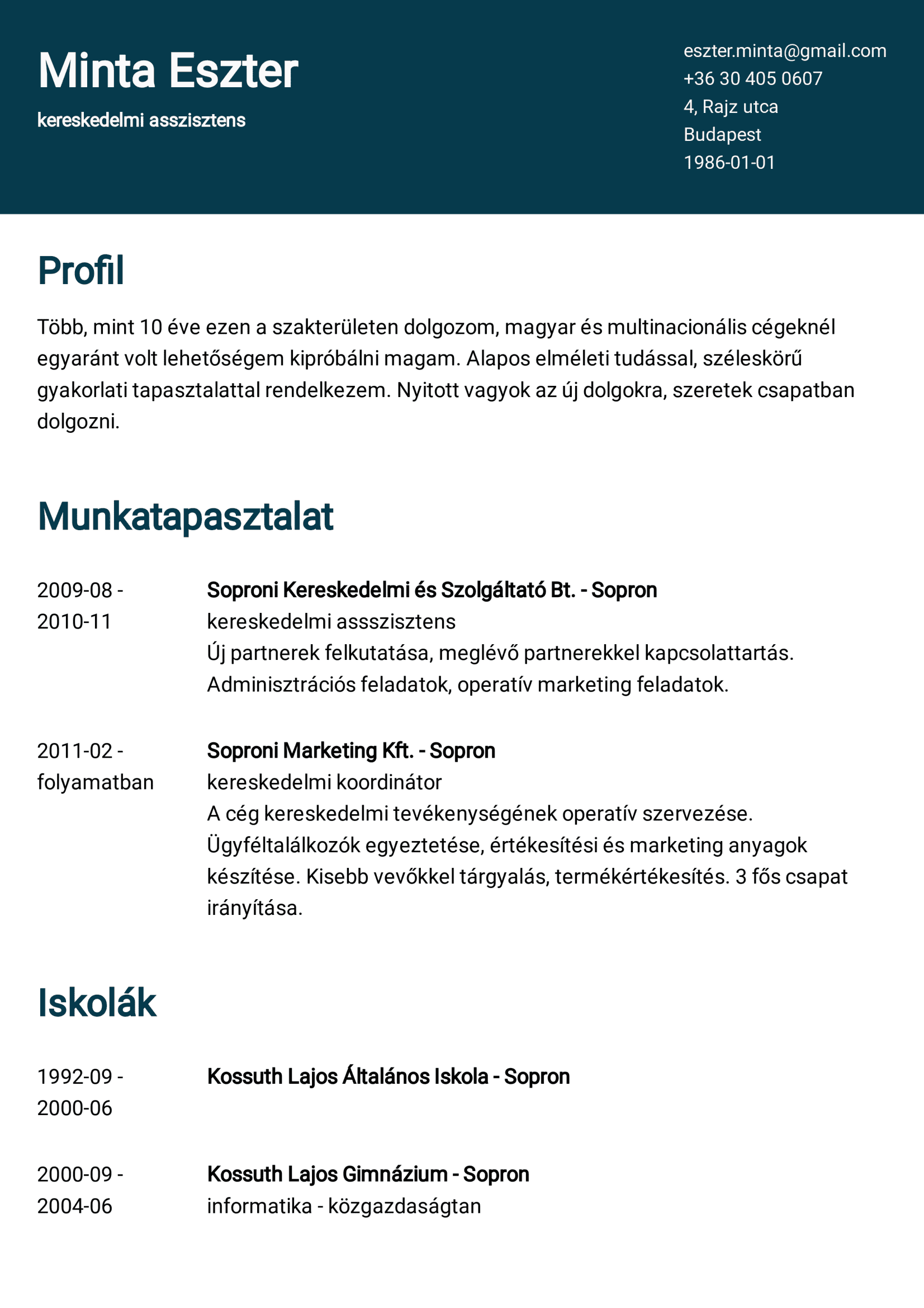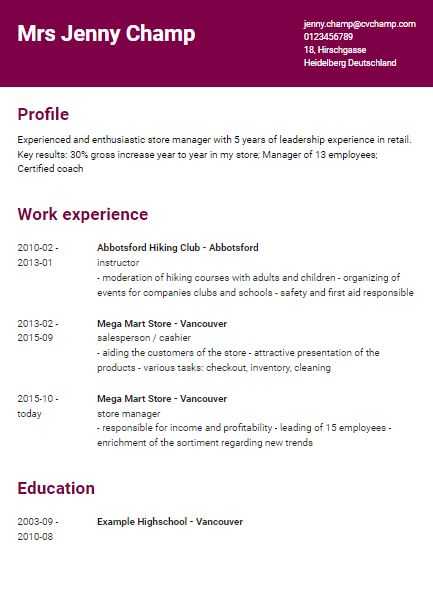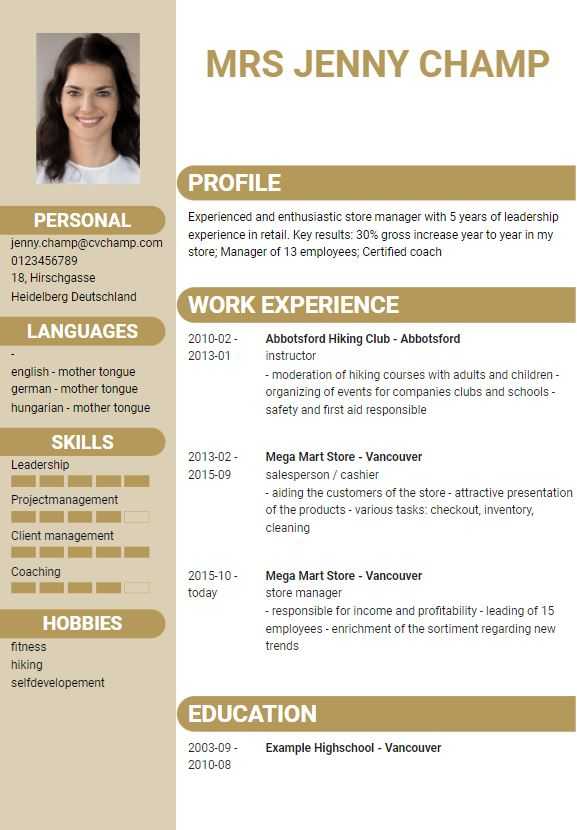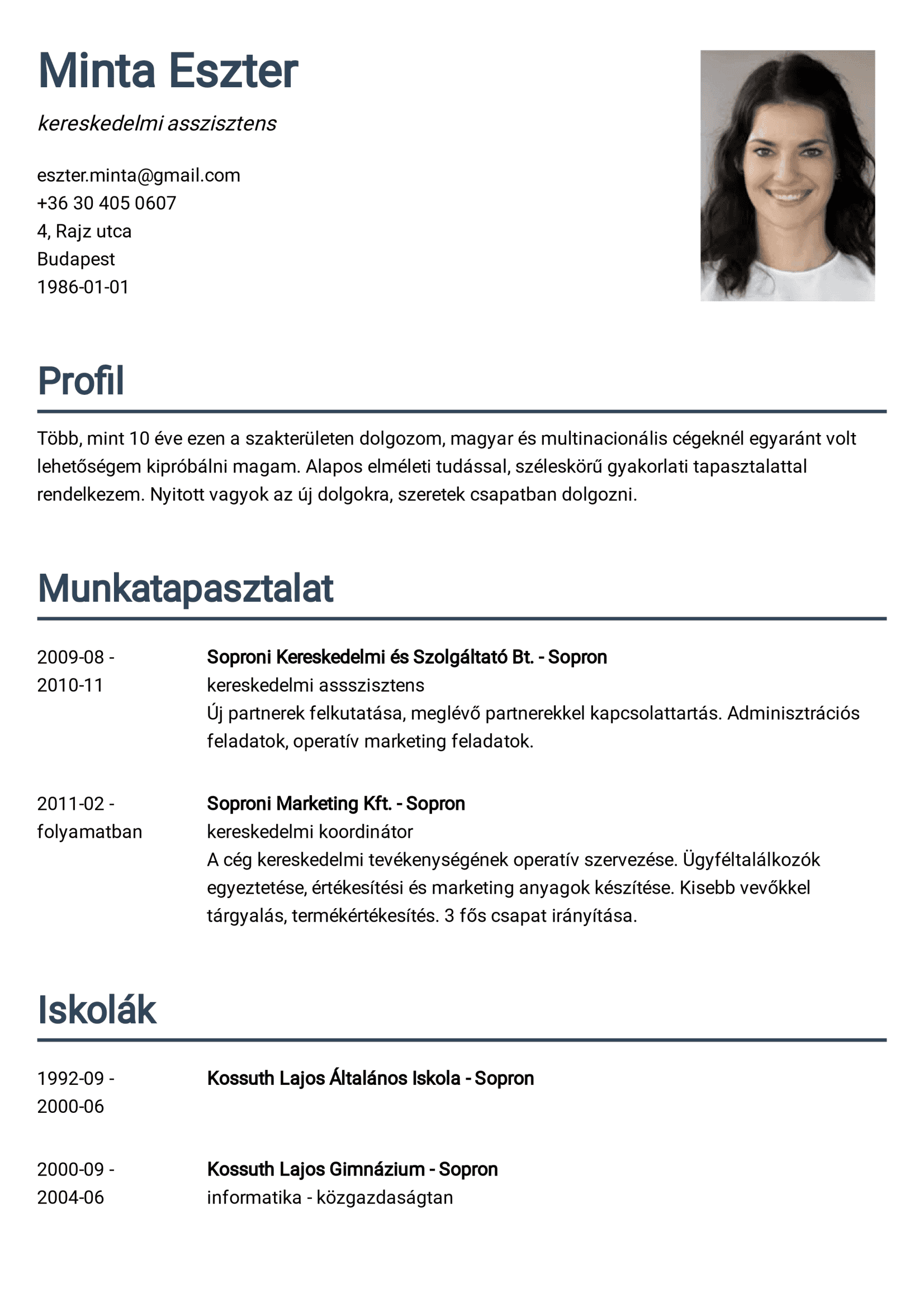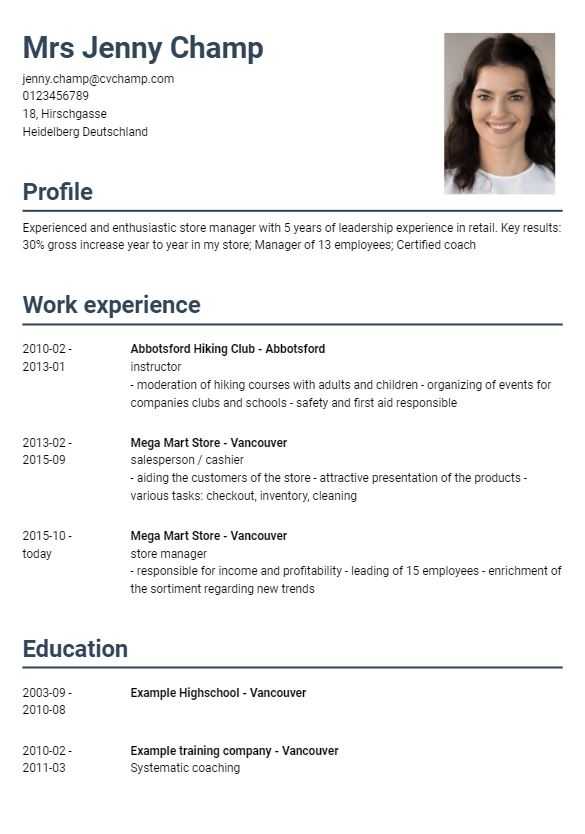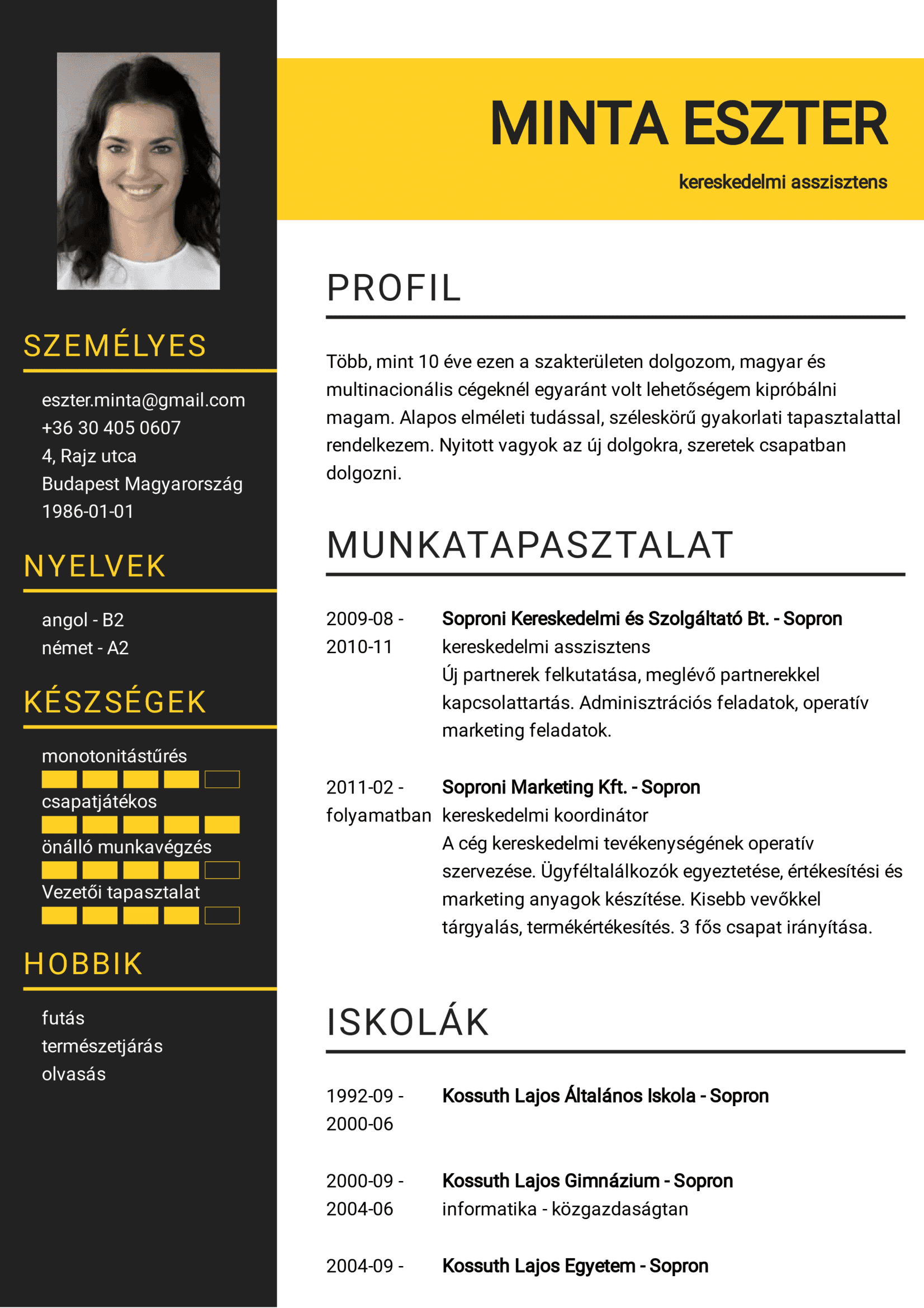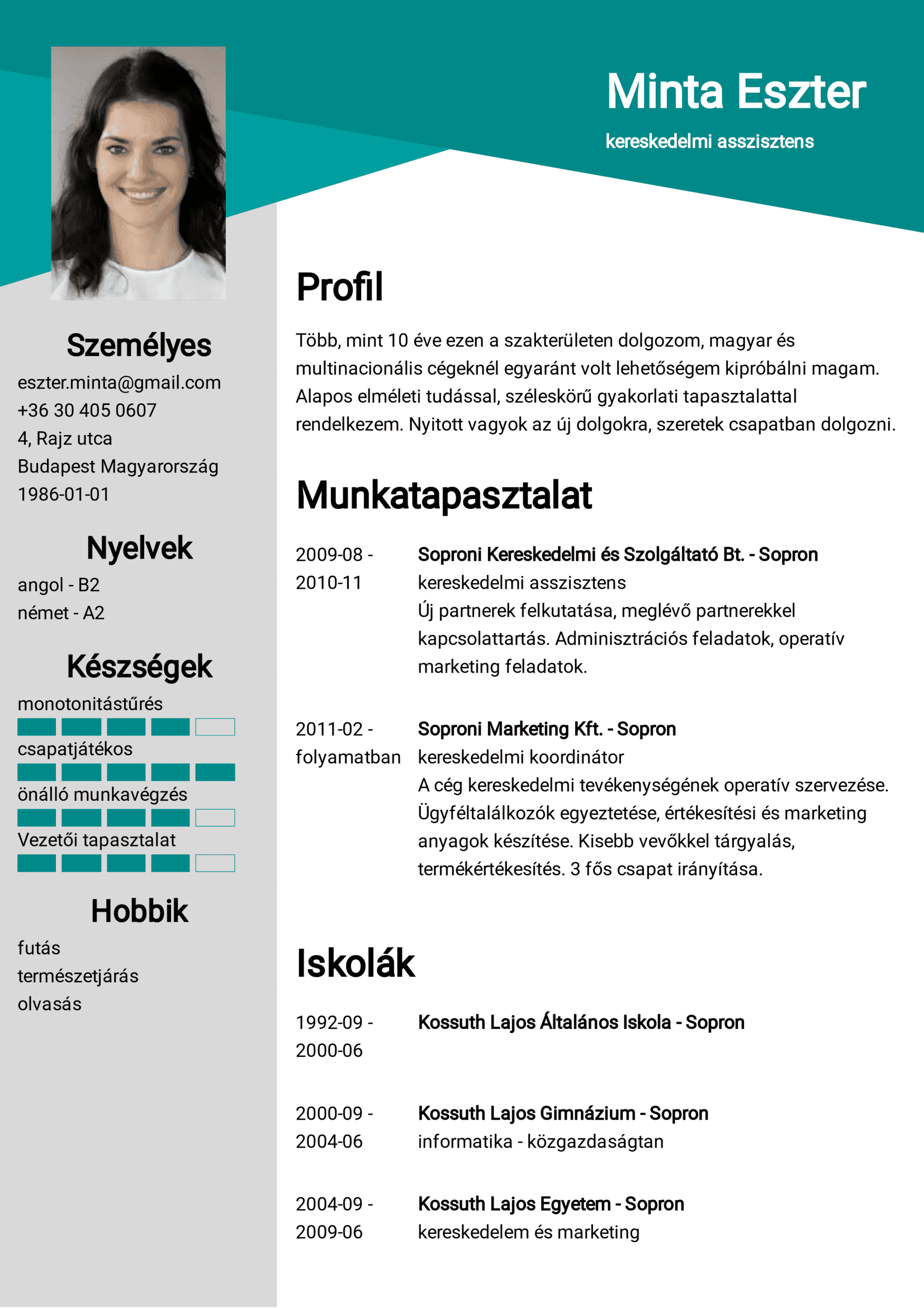

Resume Customization for each Job - The Key to Success
A one-size-fits-all approach doesn't always cut it when it comes to resume writing. Picture this: you're wearing a suit or dress that's made to fit anyone. Sure, it might cover you up, but does it fit you perfectly? Not likely. The same goes for your resume. In today's job market, where competition is as tough as an overcooked steak, a generic resume simply won't help you stand out.
Employers are like detectives, looking for clues that you're the right fit for their team. When your resume mirrors their specific needs and screams, "Hey, I'm made for this job!" you're more likely to grab their attention. So, let's dive into why tailoring your resume for each job application is a game-changer.
The Personal Touch: How Custom Resumes Make a Difference
Now, why should you bother customizing your resume for each job? Well, it's all about making a connection. Think of your resume as your personal ambassador, knocking on the doors of potential employers. A custom resume whispers into the employer's ear, "This candidate gets us." It shows that you're not just throwing a bunch of darts in the dark, hoping to hit a bullseye. Instead, you've taken the time to aim carefully, showing that you understand the company and have the skills they seek.
But it's not just about echoing the job description. It's about weaving your unique experiences, skills, and achievements into a compelling story that aligns with what the employer is seeking. This personal touch can make all the difference between landing in the 'maybe' pile and scoring that desired interview spot.
First Impressions Matter: The Impact of Tailoring Your Resume
First impressions are like lightning – they strike fast and leave a lasting impression. And in job applications, your resume is your first impression. By tailoring your resume, you're not just ticking off skill boxes but showing that you're the puzzle piece that fits perfectly into their company puzzle.

Imagine a hiring manager filtering through piles of resumes. The tailored ones pop out like a red umbrella on a rainy day. They show effort, attention to detail, and a real interest in the role – qualities every employer values. And remember, it's not just about what you've done, but how you've done aligns with what they need. That's the secret sauce in making your resume a summary of your past and a bridge to your future role. Customizing your resume isn't just a good practice; it's a critical step in your job-hunting adventure.
Understanding the Job Description: Your First Step to a Custom Resume
The first crucial step in crafting your custom resume is understanding the job description. Think of the job description as a treasure map. It's packed with clues about what the employer is looking for in their ideal candidate. Just like a detective, your job is to decipher these clues.
Why is this so important? Well, each job is unique, right? And so should be your resume! By really getting what the job ad is all about, you're setting yourself up to showcase how your skills and experiences are just what they need. It's like telling the employer, "Hey, I understand what you're looking for, and guess what? I've got it!"
So, before you start typing up your resume, take a moment. Sit down with the job description. Read it once, twice, maybe even three times. Look out for specific skills, qualifications, and experiences they emphasize. These are your keywords (we'll get to those in a bit) and your guide to tailoring your resume perfectly.
Remember, understanding the job description is not just about ticking boxes. It's about starting a conversation with your potential employer, showing them you're paying attention and care. That's your first step to a resume that speaks directly to them.
Decoding the Job Ad: Identifying Key Skills and Requirements
Sometimes, job ads can feel written in a different language. Full of industry jargon, buzzwords, and whatnot. But here's the thing – these are gold mines for keywords and skills you need to include in your resume.
Identifying key skills and requirements is like being a language decoder. You're looking for specific phrases or skills that keep popping up. They may mention 'team player' or 'excellent communication skills' many times. These aren't just fancy phrases; they're what the employer desperately seeks in a candidate.
You might also notice specific qualifications, technical skills, or even personality traits they're after. These are the ingredients you'll use to cook up a resume that resonates with what they're looking for. It's not just about having the skills or experience; it's about demonstrating that you have them in the way they want to see.
Aligning Your Experience with Job Requirements
This is where you take your understanding of the job ad and your unique experiences and make them click together like puzzle pieces.
Start by reviewing your work history, volunteer experiences, and education. Now, with your decoder hat still on, match your experiences with the key skills and requirements you identified from the job ad. Do you have experience leading a team? Great, link that to their need for a team player. Developed a new process that increased efficiency? Perfect, tie that to their desire for someone with innovative problem-solving skills.
But here's a pro tip – don't just list your experiences. Tell a story. Use specific examples and achievements to show, not just tell, how you've used these skills effectively in the past. This makes your resume not just a list but a compelling narrative of your professional journey.
Aligning your experience with the job requirements isn't about inflating your achievements or twisting the truth. It's about connecting the dots in a way that makes it obvious you're the right fit for the job. It's about showing the employer that what you've done in the past sets you up for success in this new role.

So, there you have it! Understanding and decoding the job description, then aligning your experience accordingly, are the first crucial steps to making your resume not just good but great.
The Art of Keyword Optimization in Resumes
You might be wondering, "What's all the fuss about keywords in a resume?" Well, it's a game-changer in today's job market. Many companies use something called Applicant Tracking Systems (ATS). These are like gatekeepers that scan your resume before a human eye sees it. If your resume doesn't have the right keywords, it might end up in the digital bin, never reaching a human reader. Scary, right? But don't worry, I've got you covered on mastering this art.
What Are Resume Keywords and Why Do They Matter?
So, what exactly are these resume keywords? Think of them as specific words or phrases that relate to the job you're applying for. They can be skills, qualifications, job titles, or even industry jargon. For instance, if you're eyeing a role in digital marketing, keywords might include 'SEO,' 'Google Analytics,' or 'Content Marketing.'
Why do they matter, you ask? These keywords are what the ATS looks for to determine if your resume matches the job description. It's like comparing puzzle pieces – the better the fit, the higher your chances of getting noticed. Plus, when your resume finally lands in front of a real person, these keywords help them see, at a glance, that you're an excellent fit for the job.
How to Find and Incorporate the Right Keywords?
Now, the big question: How do you find the right keywords and sprinkle them into your resume? It's simpler than you might think. Start by thoroughly reading the job description. Yes, really read it; don't just skim through! Look for specific skills and requirements listed there. These are your golden keywords. Next, think about industry-specific terms that relate to the job. If unsure, a quick online search about the role can help you.
Once you have your list of keywords, it's time to weave them into your resume. But hey, don't just stuff them in randomly! They should fit naturally into the context. Use them to describe your past job responsibilities, skills, and achievements. For example, instead of saying, 'Managed a team,' say, 'Managed a team of 10 sales professionals, increasing sales by 20%'. See how a specific skill and achievement make it more impactful? That's the way to do it – naturally and relevantly.
By mastering the art of keyword optimization, you're not just beating the bots but setting the stage for a resume that truly speaks to what employers seek.
Showcasing Your Unique Skills and Experiences
Think of your resume as your personal highlight reel. It's not just about listing what you've done but showing who you are and what you bring to the table. Imagine you're a chef. You wouldn't just list the ingredients you can use; you'd want to show off the fantastic meals you can create with them, right?
Now, dive into your professional past and pick out the moments you made a difference. Did you boost sales at your last job? Maybe you led a team that smashed their targets? These aren't just tasks; they're your personal wins and make you stand out from the crowd. Remember, it's not about having a long list of skills but highlighting the ones that sparkle and relate directly to the job you're eyeing.
Highlighting Your Strengths in Relation to the Job
You've got a bunch of cool skills and experiences, but how do you make them relevant to the job you're applying for? This part is like matching the perfect outfit to an occasion. You wouldn't wear flip-flops to a formal dinner, right? Similarly, tailor your skills to fit the job.
First, take a good, hard look at the job description. What are they really looking for? Make sure your resume shouts, "Hey, that's me!" For instance, if the job needs a team player, highlight when you collaborated on a successful project. Aligning your strengths with the job requirements shows you're not just a great candidate; you're the right candidate.
Format and Design: Making Your Resume Stand Out
It's not just what you say but how you present it that counts. Imagine your resume as your personal billboard. You want it to catch the eye. But here's the catch - it's got to be professional and neat too. It's like dressing for a job interview. You wouldn't wear clown shoes, would you? The same goes for your resume. It needs to look sharp, clean, and easy to read.
Choosing the Right Resume Format for Each Application
Choosing the right format is like picking the right outfit for an occasion. You've got a few choices: chronological, functional, or a combo. Chronological is like your classic suit - best for those with a steady work history. Functional, on the other hand, is like that trendy outfit, great for folks with gaps in their employment or changing careers. It focuses more on skills than job history. And the combo? Well, it's like that smart-casual look, giving you the best of both worlds. The trick is to match the format with the job you're eyeing. If the job requires a lot of experience, go chronological. Functional might be your best bet if it's more about the skills.
Visual Appeal: Balancing Professionalism and Creativity
When we talk about visual appeal, it's all about striking a balance. You want to be the candidate who stands out but for the right reasons. Ever seen a resume with ten different fonts and rainbow colors? That's a no-go. But a touch of color, a clean layout, and maybe a tasteful graphic or two can work wonders. Think of it as adding an elegant accessory to your outfit. It shows your personality but keeps it professional. And remember, the most important thing is readability. Stick to standard fonts and leave enough white space so it doesn't look like a word jungle. Your future employer will thank you for it!

In a nutshell, your resume's format and design are crucial in making that unforgettable first impression. Keep it professional, but don't be afraid to show a bit of your creative side. After all, your resume is a reflection of you! For more insights into effectively balancing design and professionalism in your resume, check out our guide on The Role of Design in Modern Resumes.
Cover Letters: The Perfect Companion to Your Custom Resume
Cover letters are like the trusty sidekick to your resume. Think of your resume as the main course and your cover letter as the seasoning that enhances flavor. A cover letter isn't just a formality; it's your chance to connect personally with the hiring manager. It's like having a one-on-one chat where you get to say, "Hey, here's why I'm a great fit for this role."
Why a Personalized Cover Letter Boosts Your Application
Now, you might wonder, "Does a personalized cover letter really make a difference?" Absolutely! Imagine you're getting two birthday cards. One is a generic, store-bought card, and the other is handwritten, about shared memories and inside jokes. Which one would you appreciate more? The same goes for cover letters. A personalized letter shows you've done your homework, understand what the company needs, and are ready to contribute from day one. It's about standing out in a pile of "Dear Hiring Manager" letters.
Tips for Writing a Cover Letter That Complements Your Resume
So, how do you write a cover letter like a best friend to your resume? First, tailor it to the job description. Use the job ad as a map to highlight specific experiences and skills that align with their desires. Second, keep it concise but impactful. You're not writing your autobiography here. Instead, tell a compelling story about your career journey, focusing on highlights that relate to the job. Finally, let your personality shine. Be professional, but don't be afraid to show a bit of who you are. After all, companies don't just hire skills; they hire people.
Remember, a great cover letter doesn't just repeat your resume. It adds color, giving the employer a fuller picture of who you are and why you're the perfect fit for their team.
Common Mistakes to Avoid in Resume Customization
Customizing your resume without tripping over some common mistakes? Jazzing up your resume for each job sounds like a winning strategy, but going overboard or missing the mark is easy. Imagine adding a dash of salt to your favorite dish – just enough enhances the flavor, but too much? Yikes, it's a disaster!
Over-Customization: When It's Too Much
First off, let's tackle over-customization. You're applying for a job, not trying to solve a mystery. It's great to sprinkle keywords and mirror some language from the job ad, but don't lose your resume in a sea of buzzwords. Picture this: you're baking a cake, and the recipe calls for sugar. You wouldn't dump the whole bag in. The same goes for your resume. Mix in your skills and experiences with the job requirements, but keep it balanced. You want to show you're a great fit, not a parrot repeating their every word.
Keeping Authenticity: Staying True to Your Professional Self
Your resume should be a reflection of your true professional self. It's tempting to stretch the truth or add skills you think the employer wants to see. But remember, honesty is key. You want a job that fits you, not makes you feel like a square peg in a round hole. Share your genuine skills and experiences, and let your real professional light shine. That way, you'll attract employers who value what you truly bring to the table. In short, customizing your resume is smart, but keep it balanced and true to who you are.
Conclusion: The Competitive Edge of a Customized Resume
A customized resume is your secret weapon, your golden ticket to standing out in a sea of sameness. It's not just about tweaking a few words here and there. It's about aligning your skills and experiences with what the employer is desperately seeking. Think of it as a matchmaking exercise - showing them why you're the perfect match for their job opening. When done right, this level of personalization can work wonders, transforming your resume from just another application to the one that catches the recruiter's eye.
Wrapping Up: Key Takeaways for Successful Resume Customization
Alright, let's boil it down to the essentials. First off, understanding the job description is your starting block. It's like reading the rule book before playing the game. Next, sprinkle those magic keywords throughout your resume to make it ATS-friendly - because we need to impress both humans and bots. Then, highlight your unique strengths and craft a professional story that resonates with your target job. Remember, it's not about changing who you are; it's about showcasing your best self in the context of what the employer needs. And let's remember the design and format - the cherry on top that makes your resume readable and memorable.
Next Steps: Putting Your Knowledge into Action
You're armed with the knowledge, so it's time to dive in! Start with that job ad you've been eyeing. Break it down, understand it, and mold your resume to fit like a glove. Experiment with formats and designs, but keep your authenticity intact. Consider even drafting a stellar cover letter to accompany your resume. And why not get some feedback? Sometimes, a fresh pair of eyes can spot what you missed. Remember, every job application is a new opportunity to refine and perfect your approach. So give your resume that personal touch, and watch how it can change your job search game. The world of opportunities awaits, and you have the key to unlock it!













